[Literature] Sancho, Ignatius Letters of the Late Ignatius Sancho, an African. In Two Volumes. To Which are Prefixed, Memoirs of His Life. A rare first edition of writer, abolitionist, and composer, Ignatius Sancho's celebrated Letters London: Printed by J. Nichols, 1782. In two volumes. First edition. 12mo. (ii), lvii, (i), 22, (2), 23-204; (ii), 224 pp; including list of subscribers, but lacking half-titles. Edited by Frances Crewe. Illustrated with an engraved portrait frontispiece of Sancho by F. Bartolozzi after Thomas Gainsborough in first volume, and an engraved frontispiece by Bartolozzi in second volume. Contemporary full tree calf, black morocco spine labels, stamped in gilt; front board of first volume detached, starting on second volume; rebacked; both spines dry and chipped; boards and extremities rubbed; all edges trimmed; scattered spotting to text; pencil markings bottom p. 108 in second volume. With the armorial book-plates of Charles Grantham, Esq. (1790-1860), and Albert Julian Pell (1863-1916), on front endpapers of each volume. Blockson 101, 11; Sabin 76310; ESTC T100345 A rare first edition of British writer, abolitionist, and composer, Ignatius Sancho's (ca. 1729-80) celebrated Letters. Following Sancho's death in 1780, his various letters were collected and edited by his former correspondent, Lady Frances Crewe (1748-1818). Published in 1782, this rare first edition collects 160 examples of Sancho's correspondence with various individuals, and documents his extraordinary life from slavery to a celebrated man of letters and one of British slavery's fiercest critics. Noted for their incisive accounts of the political and cultural life of eighteenth-century Great Britain, these letters became a best seller (as can be seen by the over 2,000 names in the subscriber's list within) and went through four editions by the close of the eighteenth-century. Details of Sancho's early life are uncertain, and are typically drawn from Joseph Jekyll's biography of him included at the beginning of the first volume of this edition. According to Jekyll's account, Sancho was born on a slave ship en route to the Caribbean, although according to Sancho's own letter of June 6, 1780, he was born in Africa. At an early age he was orphaned upon the death of his parents and then sold and sent from the Caribbean to London where he was forced to work in a Greenwich household. During this time he became acquainted with and was supported by John Montagu, 2nd Duke of Montagu (1690-1749), who encouraged his education and allowed him use of his extensive library to learn to read and write. At some point Sancho was employed by the Montagu's, where he worked as a butler and then valet for a number of years. In 1758 he married Anne Osborne, a Caribbean woman of African descent, and together they had seven children and opened a popular grocery store in Westminster selling sugar, tea, and tobacco. It was during this time that Sancho began to cultivate a network of correspondents through his letters, including some of the period's most notable literary figures, including Laurence Sterne and Phillis Wheatley. It was through his letter writing that Sancho was drawn into the abolitionist circles in London, and rose to become one of their most vocal supporters. His writings on British slavery and the slave trade were widely read among many lay-people as well as prominent and influential figures in English society and politics. In 1774, because of his financial independence and householder status, Sancho became eligible to vote in British parliamentary elections. With his vote that year he became the first person of African descent to vote in a British election. A Lord and Lady Grantham are listed in the subscribers, but we have been unable to draw a direct connection between them and Charles Grantham, Esq. Rare. We can locate only five first edition copies offered at auction in the past 30 years.
[Literature] Sancho, Ignatius Letters of the Late Ignatius Sancho, an African. In Two Volumes. To Which are Prefixed, Memoirs of His Life. A rare first edition of writer, abolitionist, and composer, Ignatius Sancho's celebrated Letters London: Printed by J. Nichols, 1782. In two volumes. First edition. 12mo. (ii), lvii, (i), 22, (2), 23-204; (ii), 224 pp; including list of subscribers, but lacking half-titles. Edited by Frances Crewe. Illustrated with an engraved portrait frontispiece of Sancho by F. Bartolozzi after Thomas Gainsborough in first volume, and an engraved frontispiece by Bartolozzi in second volume. Contemporary full tree calf, black morocco spine labels, stamped in gilt; front board of first volume detached, starting on second volume; rebacked; both spines dry and chipped; boards and extremities rubbed; all edges trimmed; scattered spotting to text; pencil markings bottom p. 108 in second volume. With the armorial book-plates of Charles Grantham, Esq. (1790-1860), and Albert Julian Pell (1863-1916), on front endpapers of each volume. Blockson 101, 11; Sabin 76310; ESTC T100345 A rare first edition of British writer, abolitionist, and composer, Ignatius Sancho's (ca. 1729-80) celebrated Letters. Following Sancho's death in 1780, his various letters were collected and edited by his former correspondent, Lady Frances Crewe (1748-1818). Published in 1782, this rare first edition collects 160 examples of Sancho's correspondence with various individuals, and documents his extraordinary life from slavery to a celebrated man of letters and one of British slavery's fiercest critics. Noted for their incisive accounts of the political and cultural life of eighteenth-century Great Britain, these letters became a best seller (as can be seen by the over 2,000 names in the subscriber's list within) and went through four editions by the close of the eighteenth-century. Details of Sancho's early life are uncertain, and are typically drawn from Joseph Jekyll's biography of him included at the beginning of the first volume of this edition. According to Jekyll's account, Sancho was born on a slave ship en route to the Caribbean, although according to Sancho's own letter of June 6, 1780, he was born in Africa. At an early age he was orphaned upon the death of his parents and then sold and sent from the Caribbean to London where he was forced to work in a Greenwich household. During this time he became acquainted with and was supported by John Montagu, 2nd Duke of Montagu (1690-1749), who encouraged his education and allowed him use of his extensive library to learn to read and write. At some point Sancho was employed by the Montagu's, where he worked as a butler and then valet for a number of years. In 1758 he married Anne Osborne, a Caribbean woman of African descent, and together they had seven children and opened a popular grocery store in Westminster selling sugar, tea, and tobacco. It was during this time that Sancho began to cultivate a network of correspondents through his letters, including some of the period's most notable literary figures, including Laurence Sterne and Phillis Wheatley. It was through his letter writing that Sancho was drawn into the abolitionist circles in London, and rose to become one of their most vocal supporters. His writings on British slavery and the slave trade were widely read among many lay-people as well as prominent and influential figures in English society and politics. In 1774, because of his financial independence and householder status, Sancho became eligible to vote in British parliamentary elections. With his vote that year he became the first person of African descent to vote in a British election. A Lord and Lady Grantham are listed in the subscribers, but we have been unable to draw a direct connection between them and Charles Grantham, Esq. Rare. We can locate only five first edition copies offered at auction in the past 30 years.
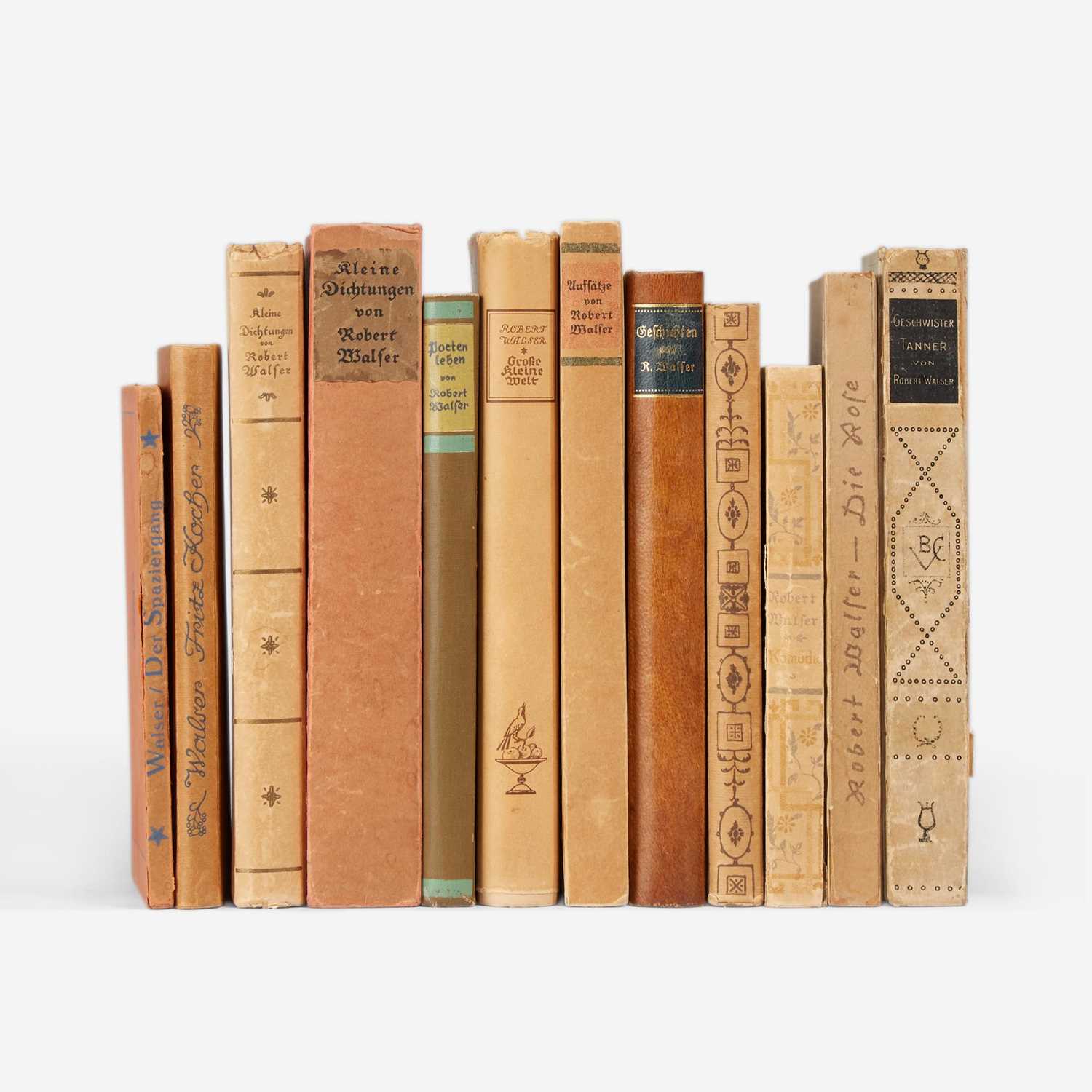

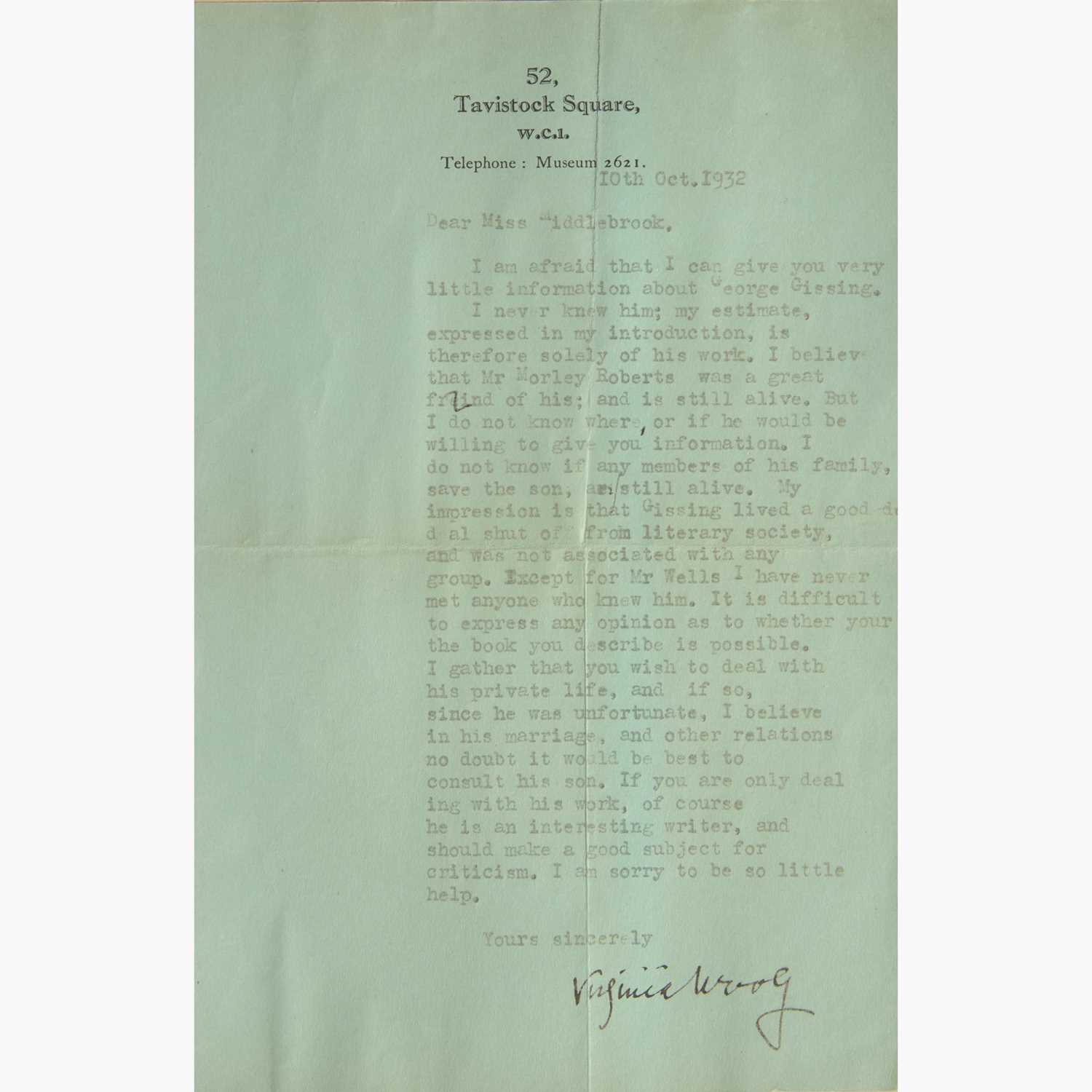


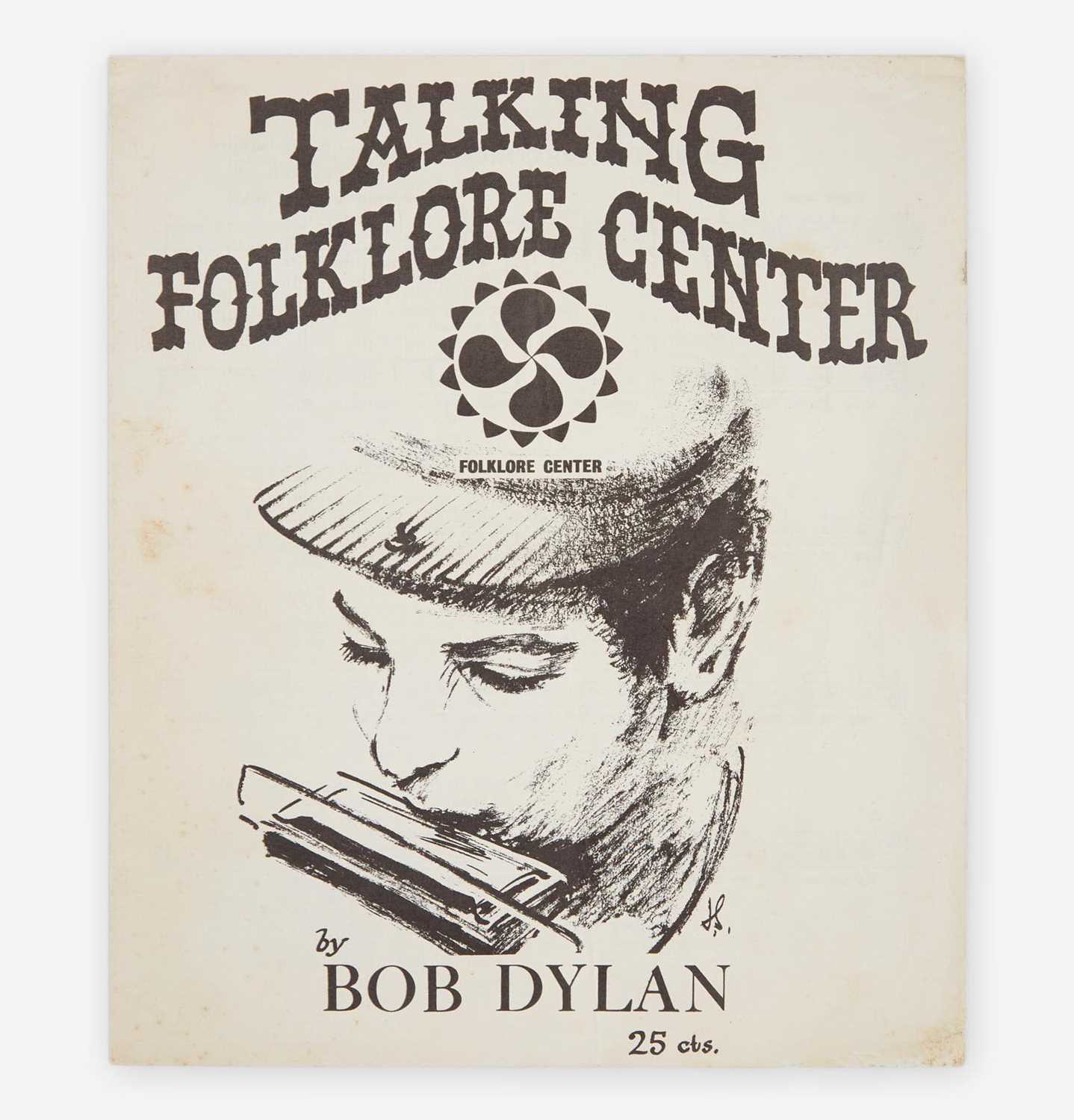
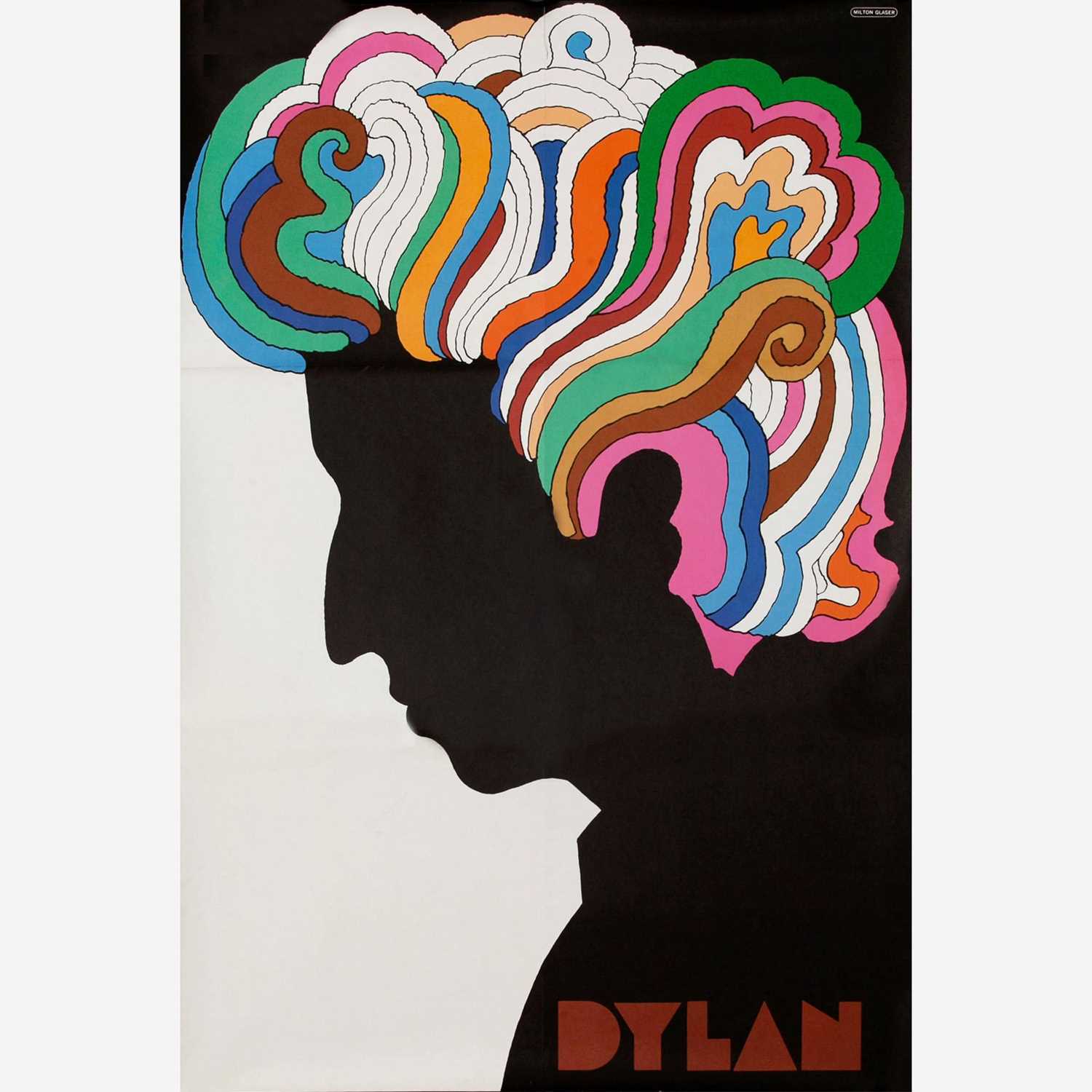
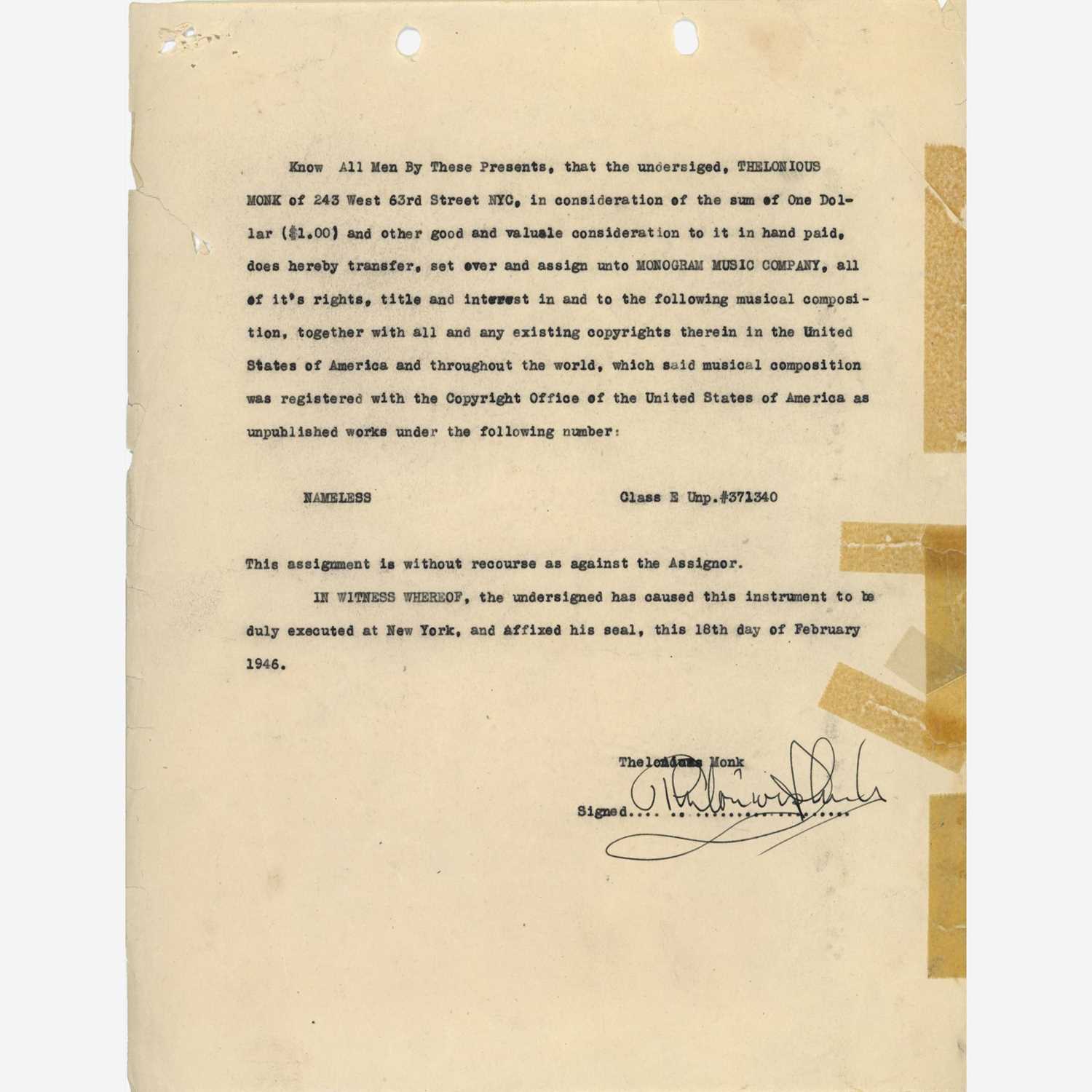
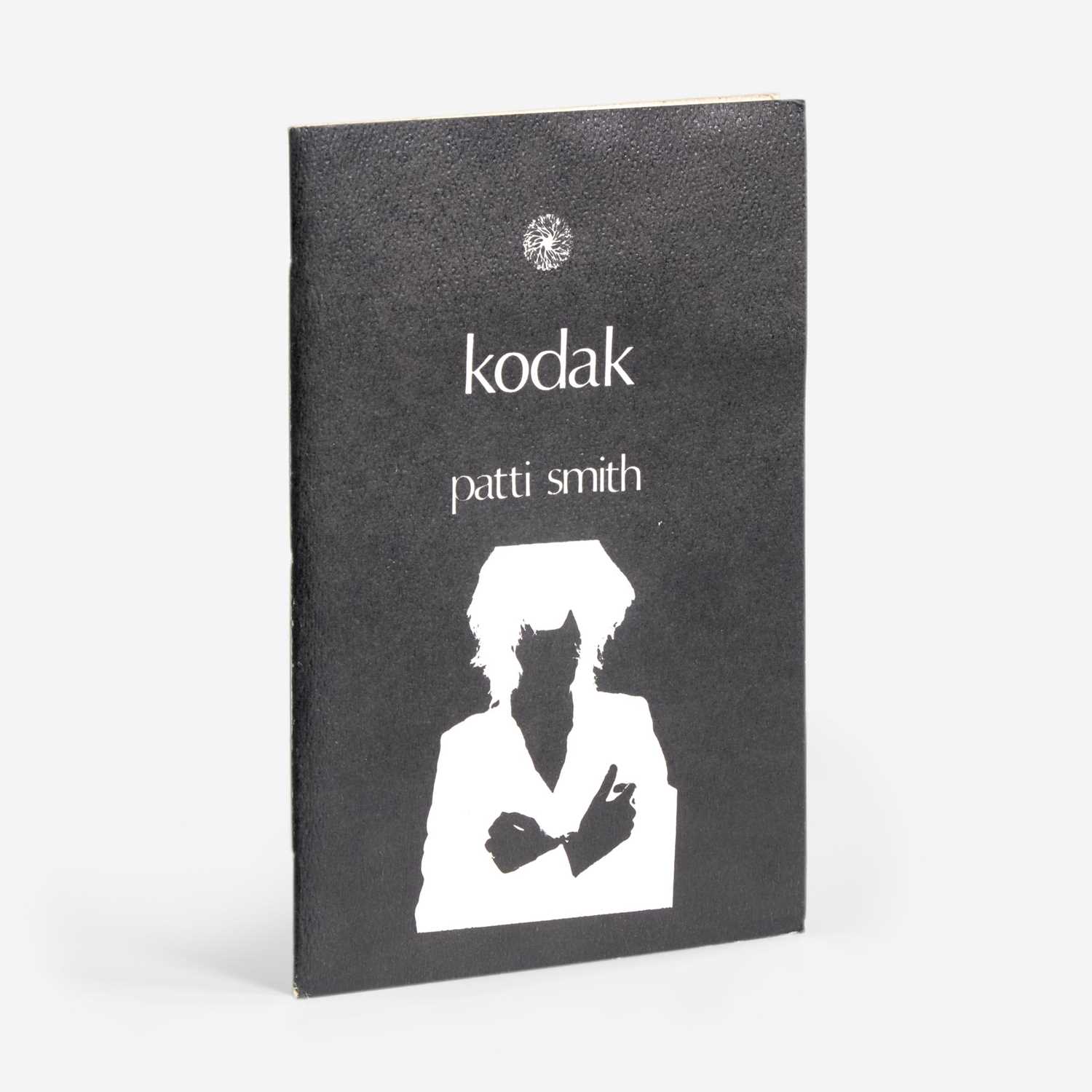
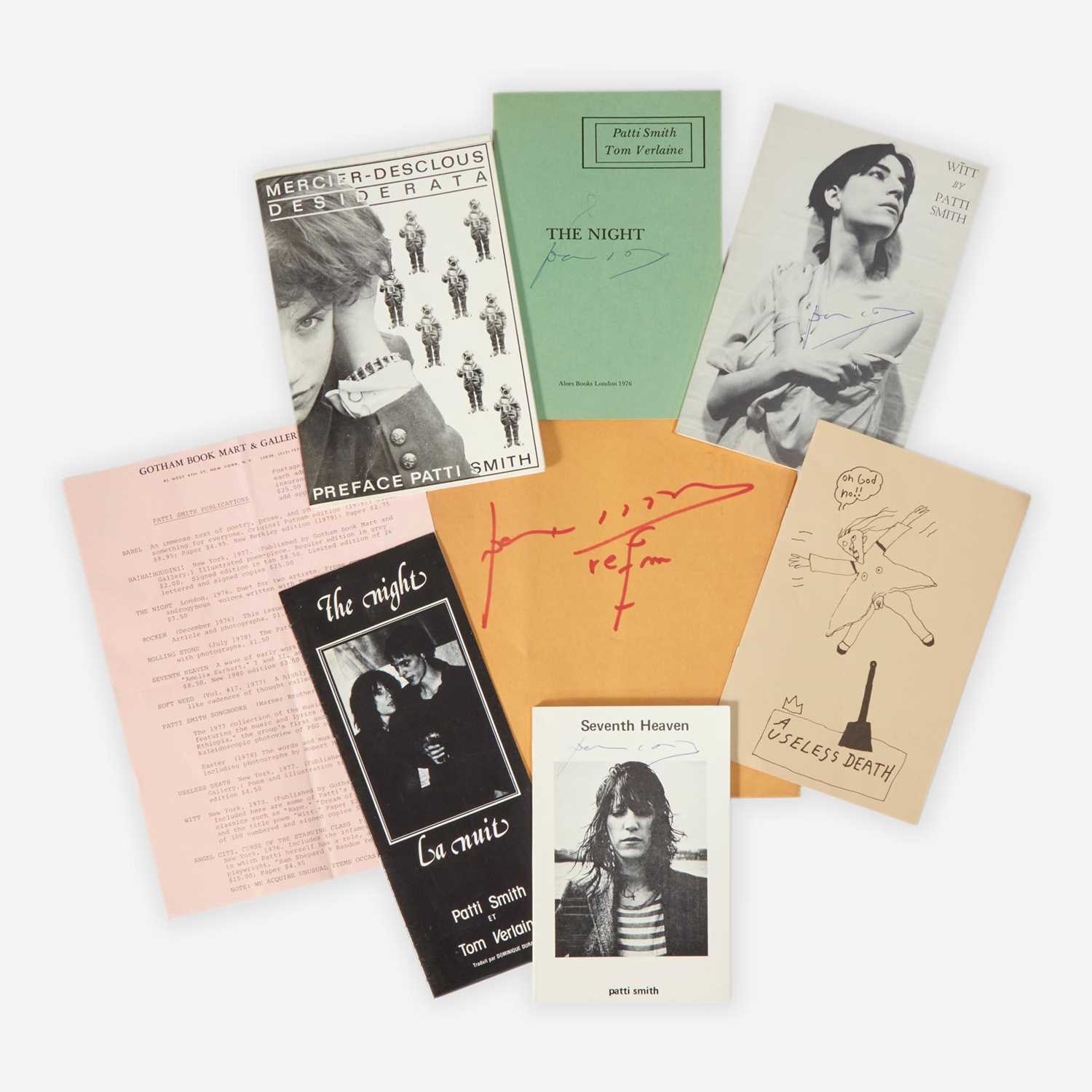
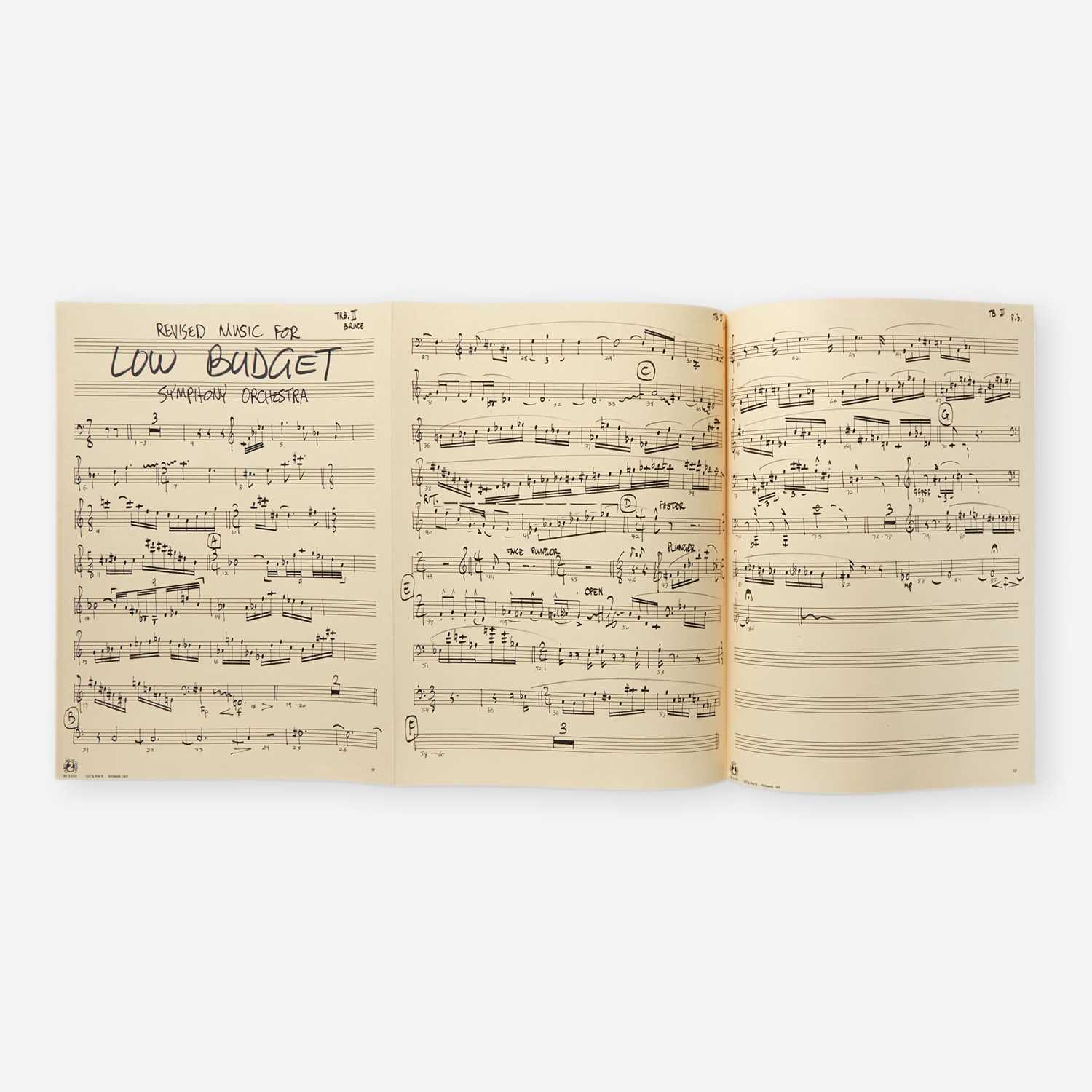
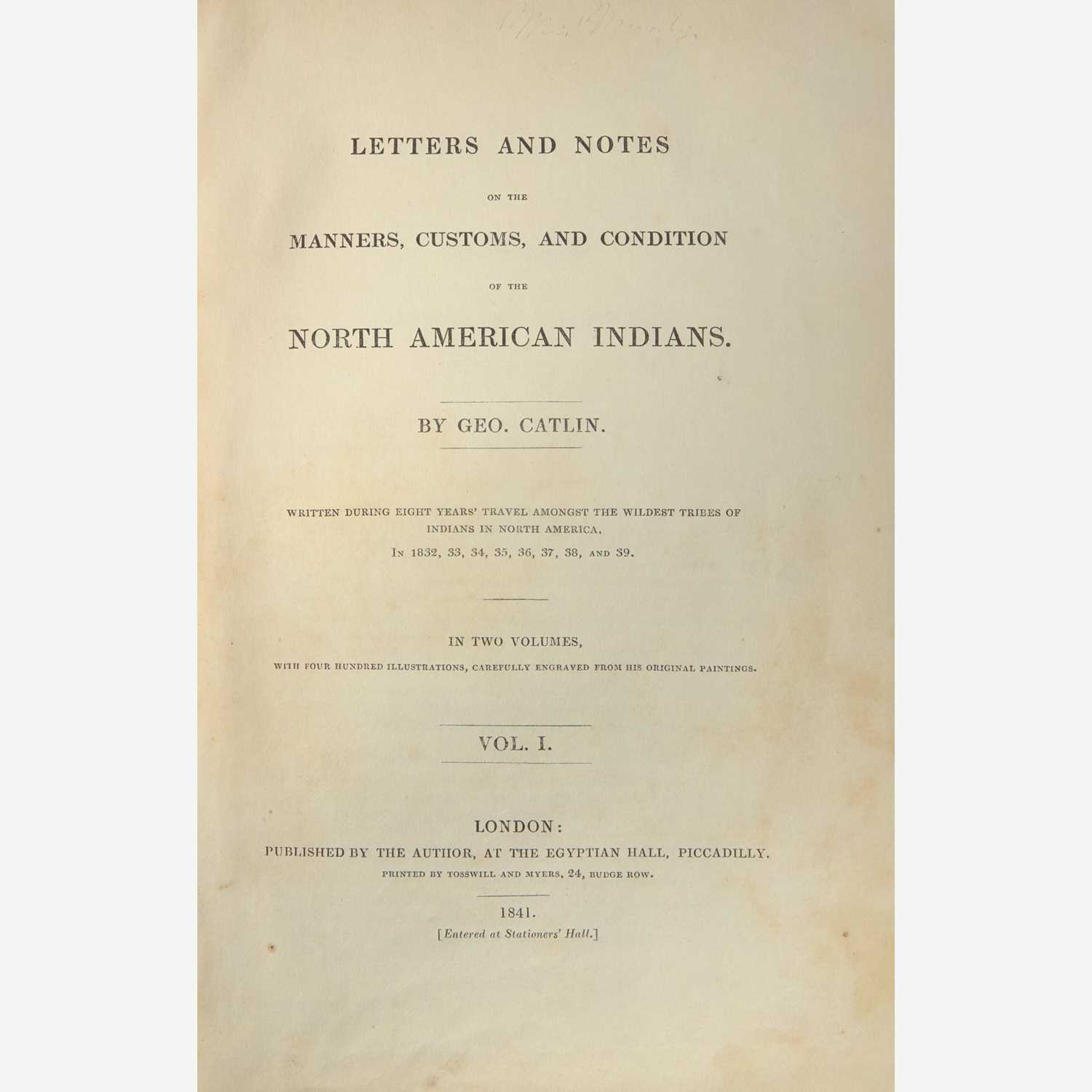
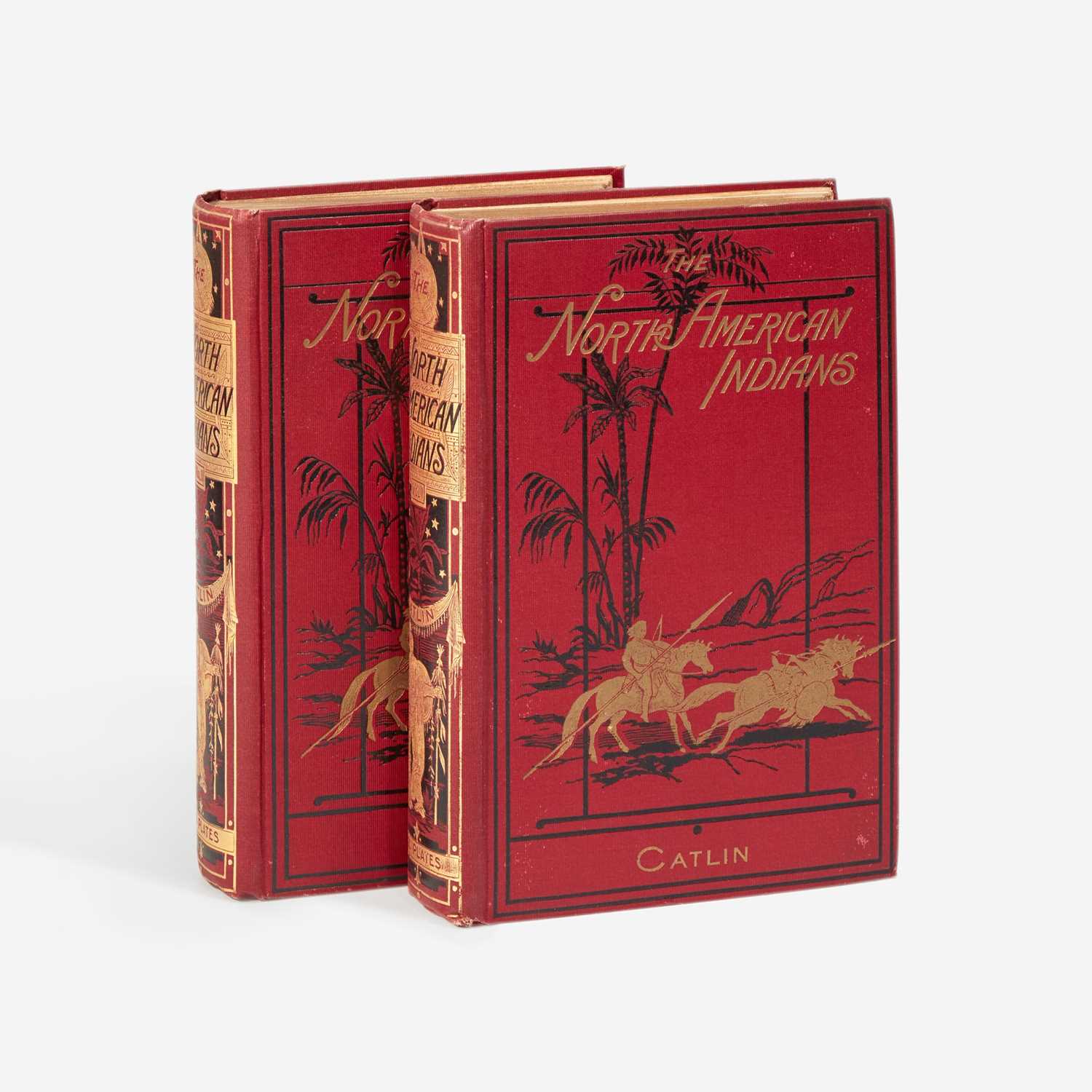
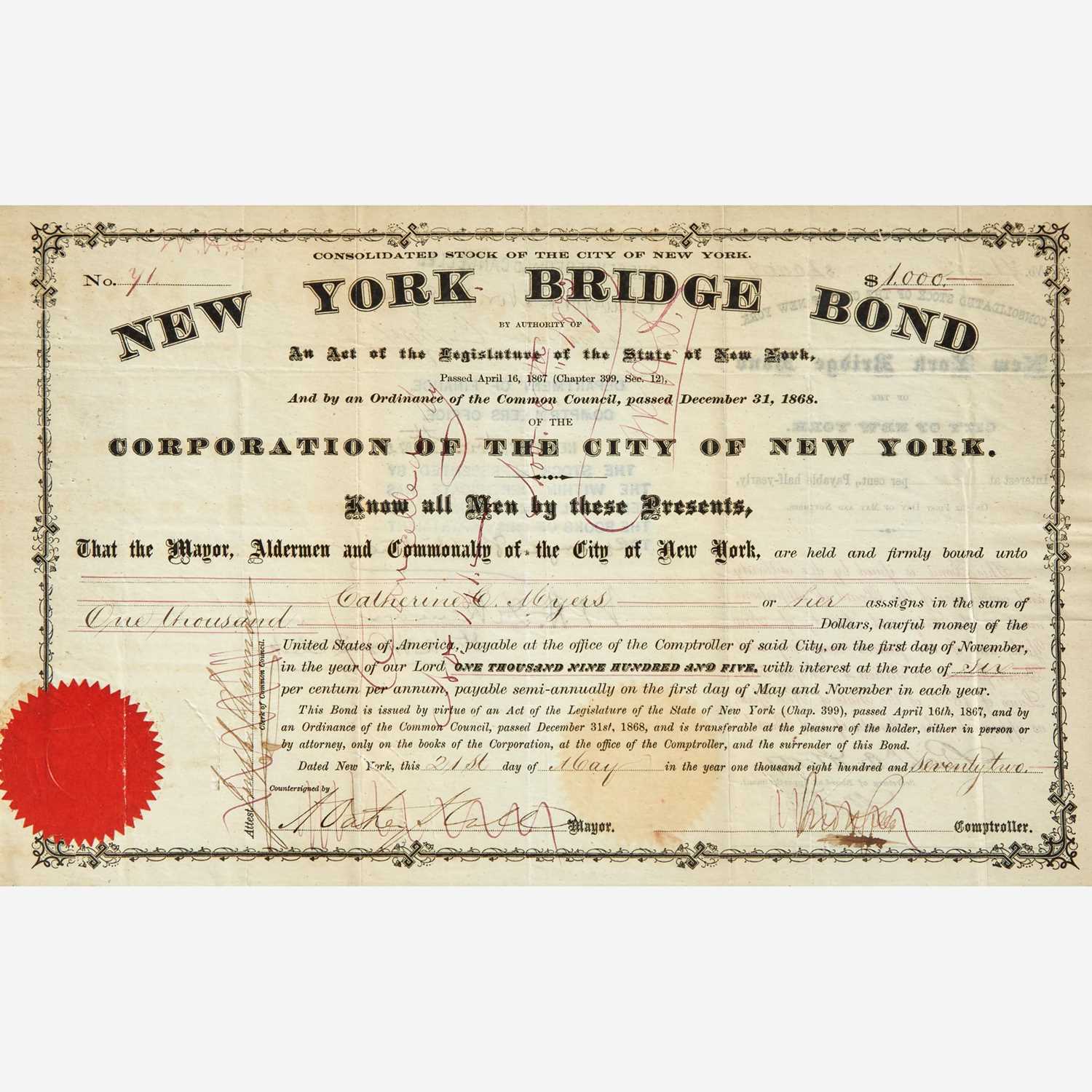
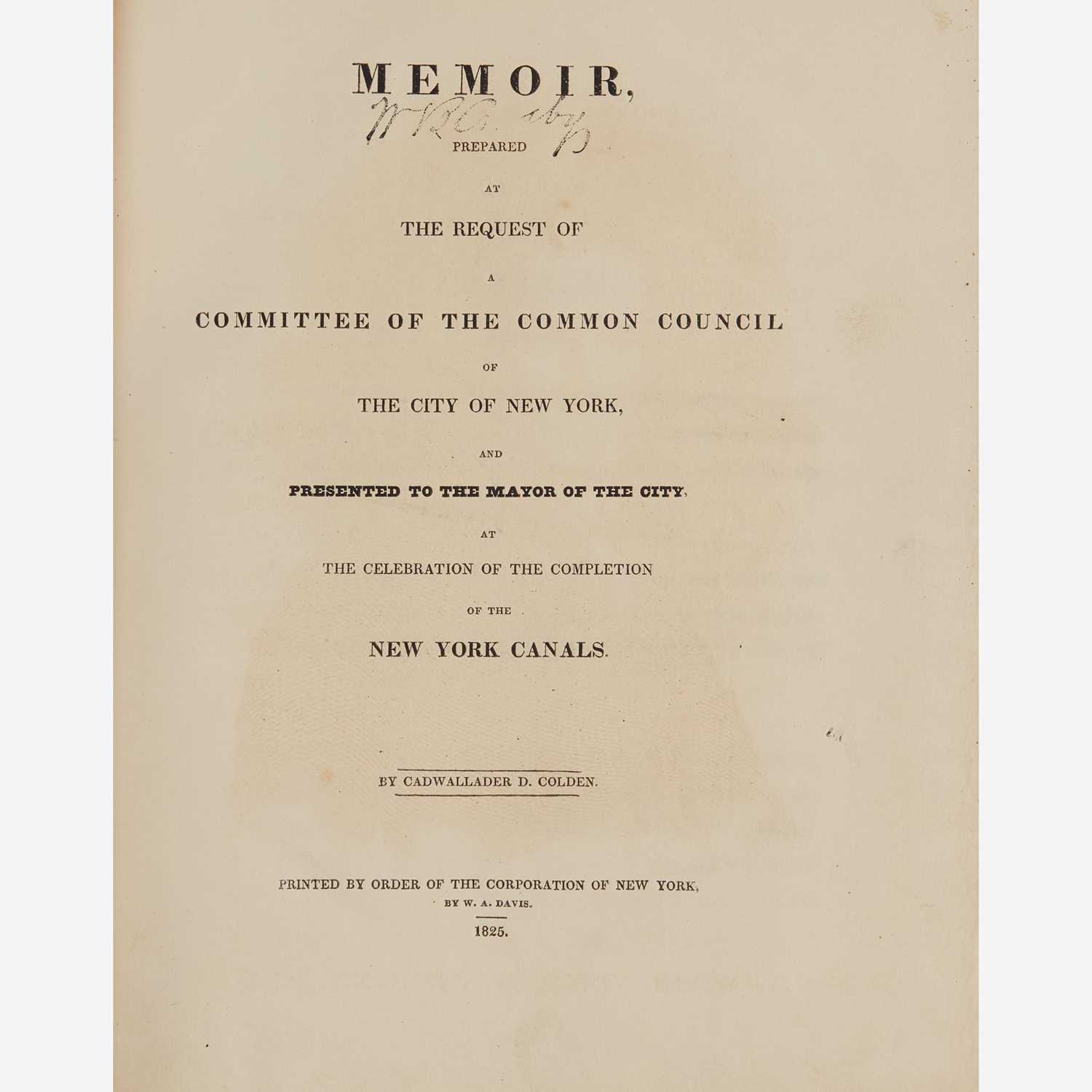
Testen Sie LotSearch und seine Premium-Features 7 Tage - ohne Kosten!
Lassen Sie sich automatisch über neue Objekte in kommenden Auktionen benachrichtigen.
Suchauftrag anlegen